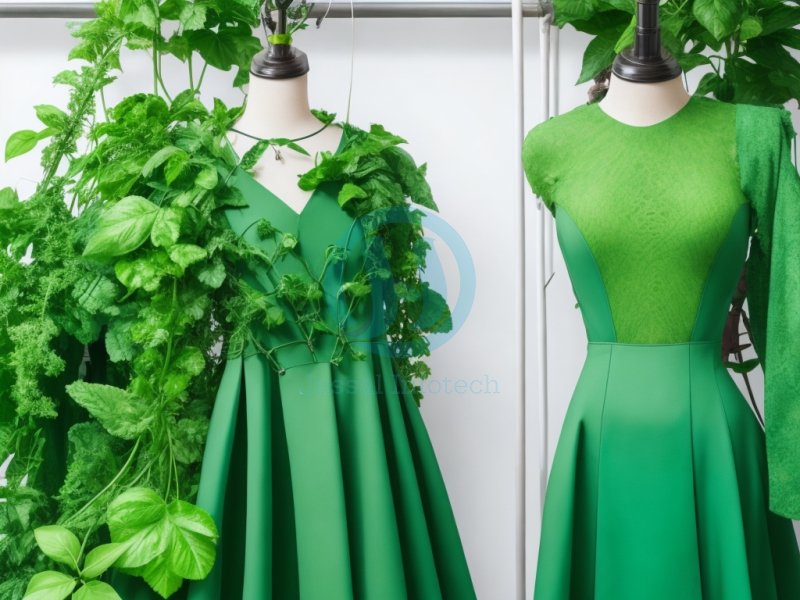
In the fast-paced world of fashion, the pursuit of style often comes at a high cost to the environment and humanity. However, as awareness about climate change and ethical issues rises, the fashion industry is taking a revolutionary turn towards embracing green technology and sustainable practices. By incorporating eco-friendly materials, ethical manufacturing processes, and cutting-edge innovations, the fashion industry is transforming into a force for positive change. In this blog, we delve into the realm of sustainable and ethical practices in the fashion world, exploring how green technology is shaping the industry and inspiring conscious consumers worldwide.
With the consequences of climate change becoming increasingly apparent, the fashion industry has realized its role in the global environmental crisis. From the immense water usage of traditional textile production to the massive carbon footprint of fast fashion, the need for sustainable alternatives has never been more urgent. Green technology offers a lifeline by introducing innovative ways to reduce environmental impact and conserve resources.
Green technology has paved the way for revolutionary materials that are gentle on the planet without compromising on style. Imagine luxurious fabrics crafted from recycled plastics or organic cotton that doesn't require harmful pesticides. Innovations like Piñatex, made from pineapple leaf fibers, and Tencel, derived from sustainably sourced wood pulp, are revolutionizing the way we think about clothing materials. These cutting-edge textiles provide a guilt-free indulgence in fashion, ensuring both elegance and ecological responsibility.
In the pursuit of sustainability, fashion designers are adopting the concept of zero-waste design. Through meticulous planning and pattern-making, these visionary creators are minimizing fabric waste during production, resulting in more efficient and eco-friendly collections. By embracing digital technology and 3D printing, fashion houses can optimize their designs for minimal waste and optimal fit, ushering in a new era of conscious design.
Sustainable fashion goes beyond just eco-friendly materials; it also entails ethical manufacturing practices. Green technology is enabling transparent supply chains, fair labor practices, and better working conditions for garment workers. Brands are embracing renewable energy sources, smart factories, and digitized production processes to minimize their carbon footprint and ensure that the human cost of fashion remains fair and just.
Green technology is not only shaping the production of new fashion items but also encouraging the growth of the second-hand market. Online platforms and resale apps are flourishing, offering a sustainable alternative to buying brand-new garments. As consumers become more mindful of their fashion choices, the popularity of vintage and pre-loved clothing is skyrocketing, reducing the overall demand for new production and lessening the industry's environmental impact.
As advocates of sustainable fashion, we play a vital role in the transformation of the industry. Green technology empowers us to make informed choices, and by educating ourselves about eco-friendly brands and ethical practices, we can actively support the movement. Through our conscious decisions, we send a strong message to the fashion world that sustainability matters.
The convergence of fashion and sustainability is no longer a distant dream but a vivid reality, thanks to the integration of green technology in the fashion industry. Ethical and sustainable practices are gaining momentum, redefining the way we perceive fashion and paving the way for a greener future. By embracing eco-friendly materials, zero-waste design, ethical manufacturing, and the thriving second-hand market, we can all contribute to a more responsible and conscious fashion industry. Together, we can foster a world where looking stylish and caring for the planet go hand in hand, creating a lasting legacy of eco-chic fashion for generations to come.
Share This News